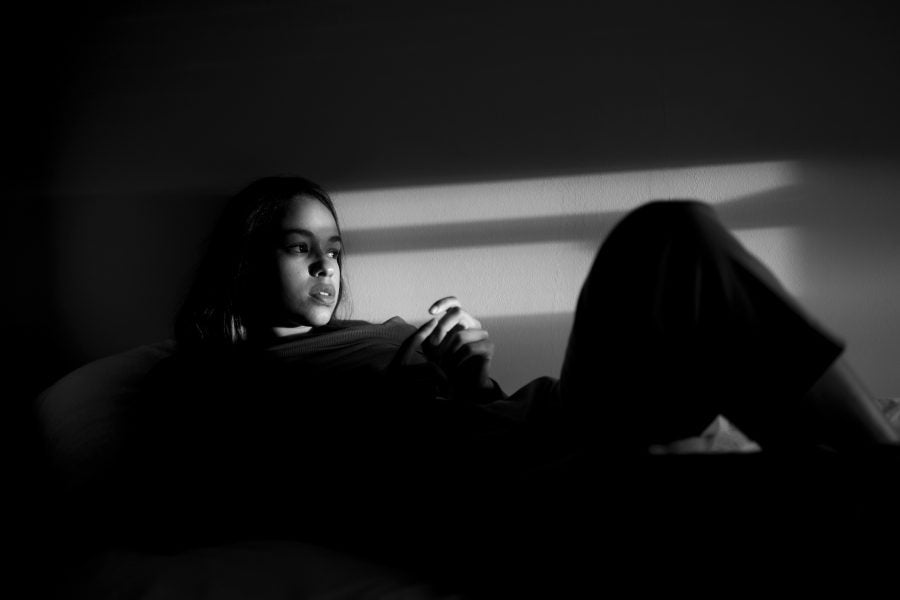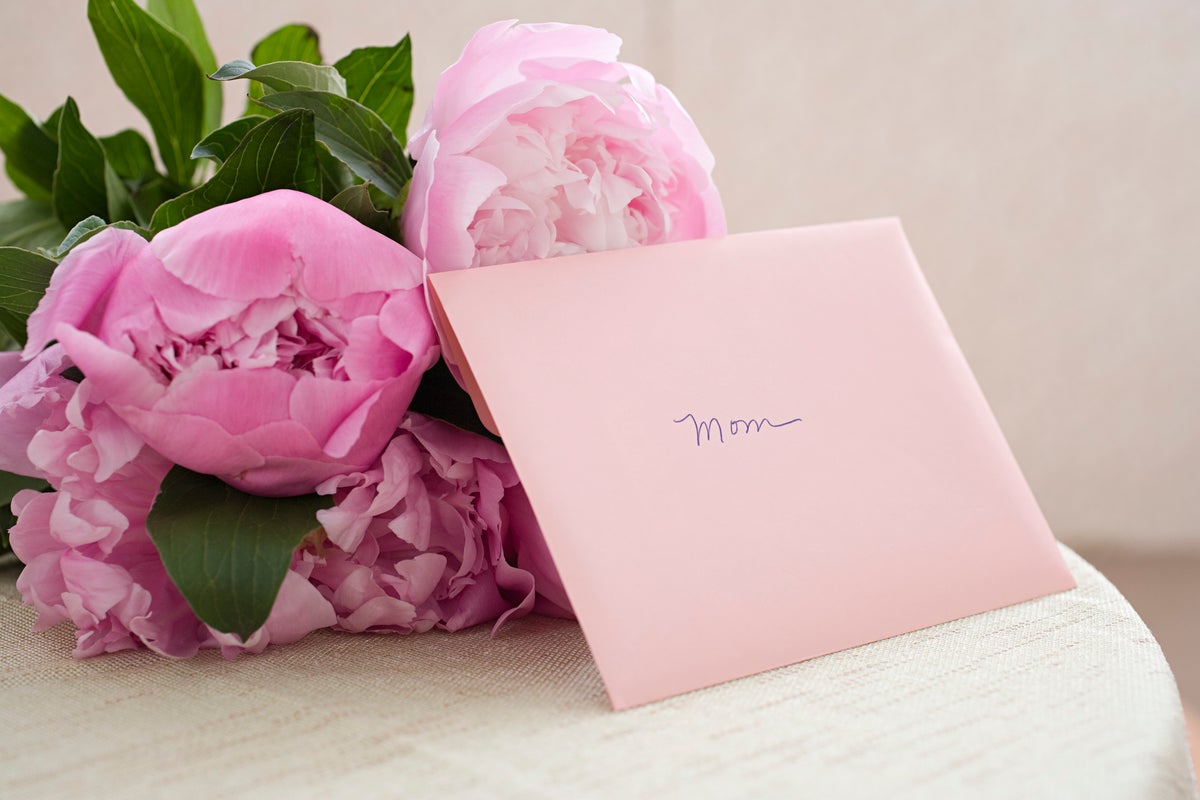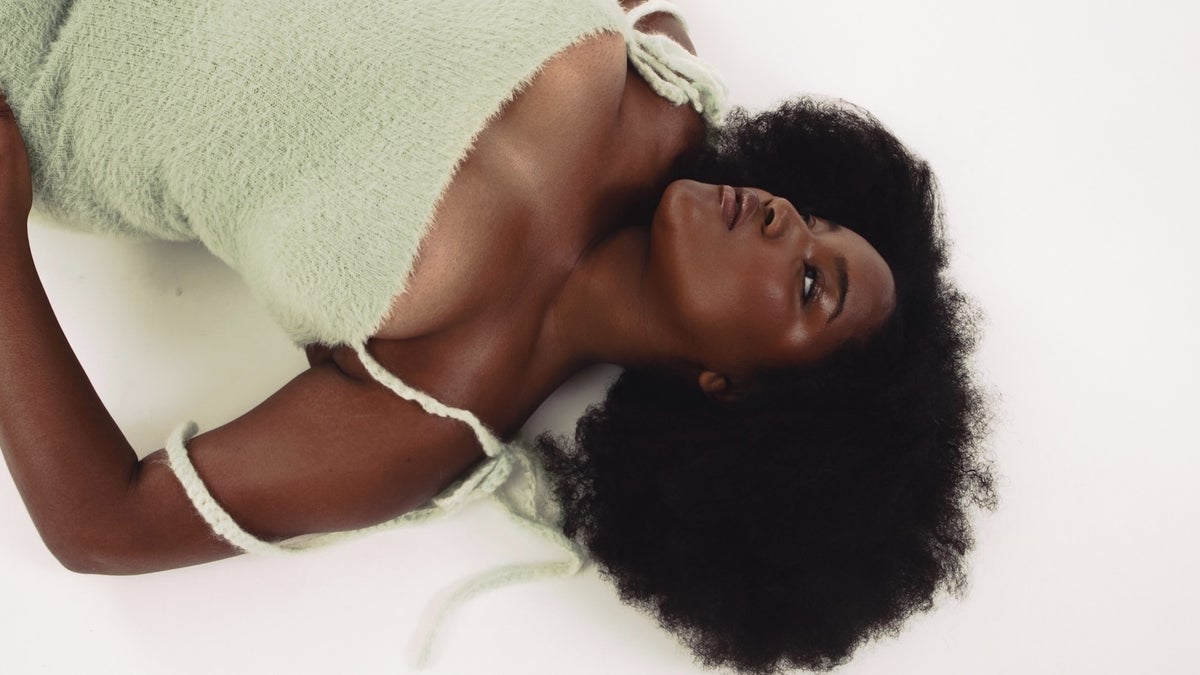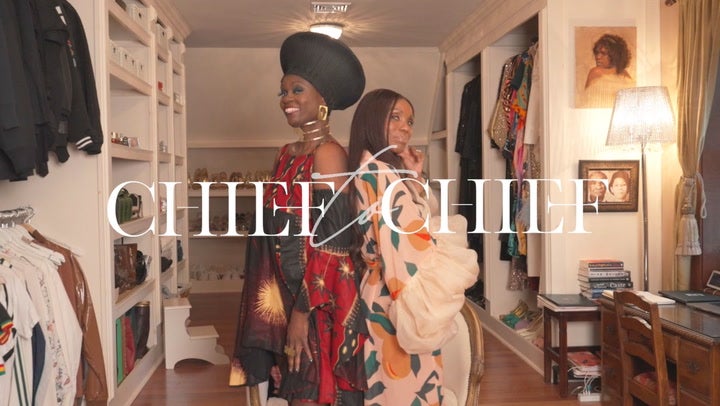
We are at the crossroads of two months that are important to me. Of course, February marks Black History Month, a time to celebrate the historic accomplishments and barriers overcome by the Black community, while also calling out the injustices we continue to face. And as we leave behind January, the other, perhaps lesser-known, is Human Trafficking Prevention Month, which is observed in January and February in the U.S. and Canada, respectively.
I care deeply about both as a human being, as a leader committed to uprooting systematic inequalities, and as a Black woman and mother to a teenage daughter and son. Because, while human trafficking is indiscriminate in race and gender, it disproportionately affects Black women and girls, and at an alarming rate. Of the estimated 49.6 million victims in the U.S., nearly 40% are Black women and girls, the highest of any racial group. Once I learned the risks for vulnerable youth, I couldn’t ignore the opportunity to make a difference. So, I am commemorating this month by publicly issuing a call to action to the business community and to each of us to combat the issue together.
The first step is to understand what we are up against. Human trafficking takes many forms but is essentially about someone being forced, defrauded, or coerced into some type of labor or commercial sex act. Many of the same systematic issues that make Black women and girls vulnerable to social, economic and health challenges are at play in putting them at greater risk of being trafficked. These include a history of sexual and/or physical abuse, community or family instability and dislocation, homelessness, disconnection from the education system, and poverty. Furthermore, Black women and girls are arrested and incarcerated for prostitution and related crimes while being sex trafficked at much higher rates because of racial bias in the criminal justice system. As a result, many Black female survivors end up with criminal records that only compound their vulnerability to trafficking.
As the president of social Impact for UPS and of the UPS Foundation, I recognize that our industry has an important role to play in addressing the issue. Like most businesses, human trafficking relies on transportation systems to operate. Traffickers have been found to recruit victims from airports, bus stations and train stations and utilize private vehicles, buses, trains, and airlines to travel the country to access different commercial sex markets. Access to transportation is also key for many survivors to escape their traffickers.
Our mission at the UPS Foundation is to create a more equitable and just world and combatting human trafficking is just one way we are fulfilling that mission every day. That is why I am proud that we have donated nearly $1 million to Truckers Against Trafficking and trained more than 130,000 UPS drivers and 3,000 UPS airline pilots to recognize the signs and report this crime. UPSers have also raised more than $8 million to combat human trafficking, advance social impact programs and train victim service providers to support survivors.
We cannot tackle this issue in our industry alone. Businesses can go a long way in simply training their workforce about the signs and red flags. You can also play a part. Whether a business leader in the transportation industry or not, there are things that everyday people can do to make a difference.
- Recognize the signs. Learning the key indicators of human trafficking is the first step in identifying and helping victims. These can include bruises on a person in various stages of healing, a person showing signs of having been denied food, water or sleep, or a person appearing coached on what to say.
- Talk to the youth in your life. Educating our young people is one of the most powerful ways to keep them safe. The Department of Homeland Security’s Blue Campaign provides a guide on how to talk to youth about human trafficking.
- Confront racial biases. While human trafficking affects all races and genders, harmful stereotypes about Black women and girls as hypersexual and criminally oriented make them less likely to be perceived as victims of sex trafficking but easily believed as prostitutes. We must combat these biases to help protect Black women and girls and report suspected cases of trafficking regardless of race or gender.
Most importantly, speak up. If a situation feels like someone is in danger, trust your gut. Save the National Human Trafficking Hotline in your phone and call 1-888-373-7888 or text 233733 if you see signs of human trafficking. Call 911 if you see a crime in progress and need immediate help.







